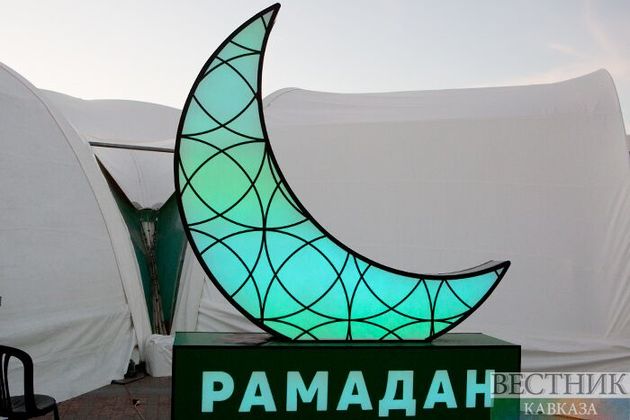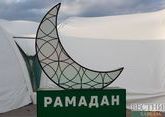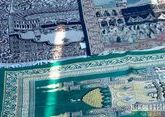Russian Muslims have welcomed the holy month of Ramadan, which began on April 24.
Every evening when the sun has set, families and friends would usually get together for the Iftar meal to break the fast. Many people go to the mosque to pray. But with strict curfews and physical distancing directives enforced to limit the spread of the highly contagious COVID-19 disease, many of Ramadan's rituals and traditions will be curtailed this year.
Because of the pandemic, many countries this year have advised citizens to avoid large gatherings and have suhoor and iftar individually or with family at home, Al Jazeera writes.
Ramadan is believed to be a time of intense spirituality, when the believers are surrounded by angels, the gates of heaven are open, and Allah's blessings and mercy are abundant. But it is also a time of great excitement, filling the cities events calendar with jubilant festivities bringing the city to life when the sun goes down.
Fasting, held from dawn to dusk during Ramadan, is one of the Five Pillars [fundamental religious duties] of Islam. It is a time of self-examination and increased religious devotion. There is also a holy night called Laylat al-Qadr, which means 'Night of Power,' when the first verses of the Qur'an were revealed to Prophet Muhammad.
Children, pregnant women as well as the elderly and sick are exempt from fasting.
Over the 30 days, Muslims fast during the daylight hours, and the practice is seen as one of the five pillars of the faith. They can eat before sunrise and break their fast after dusk each day, and besides abstinence from food and water, Muslims are asked to abstain from sexual intercourse as well, the Mosque Foundation says. During the month, Muslims also strive to practice charity, another of the five pillars of Islam.
This year Ramadan will end on May 23. At the end of Ramadan, Muslims celebrate breaking their fast with the three-day festival of Eid al-Fitr, but holidays differ by country.








